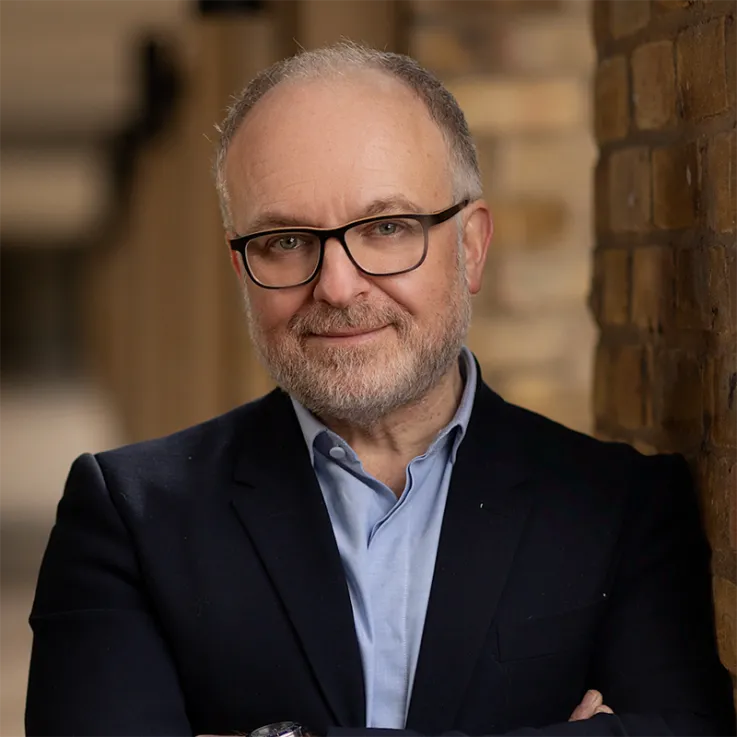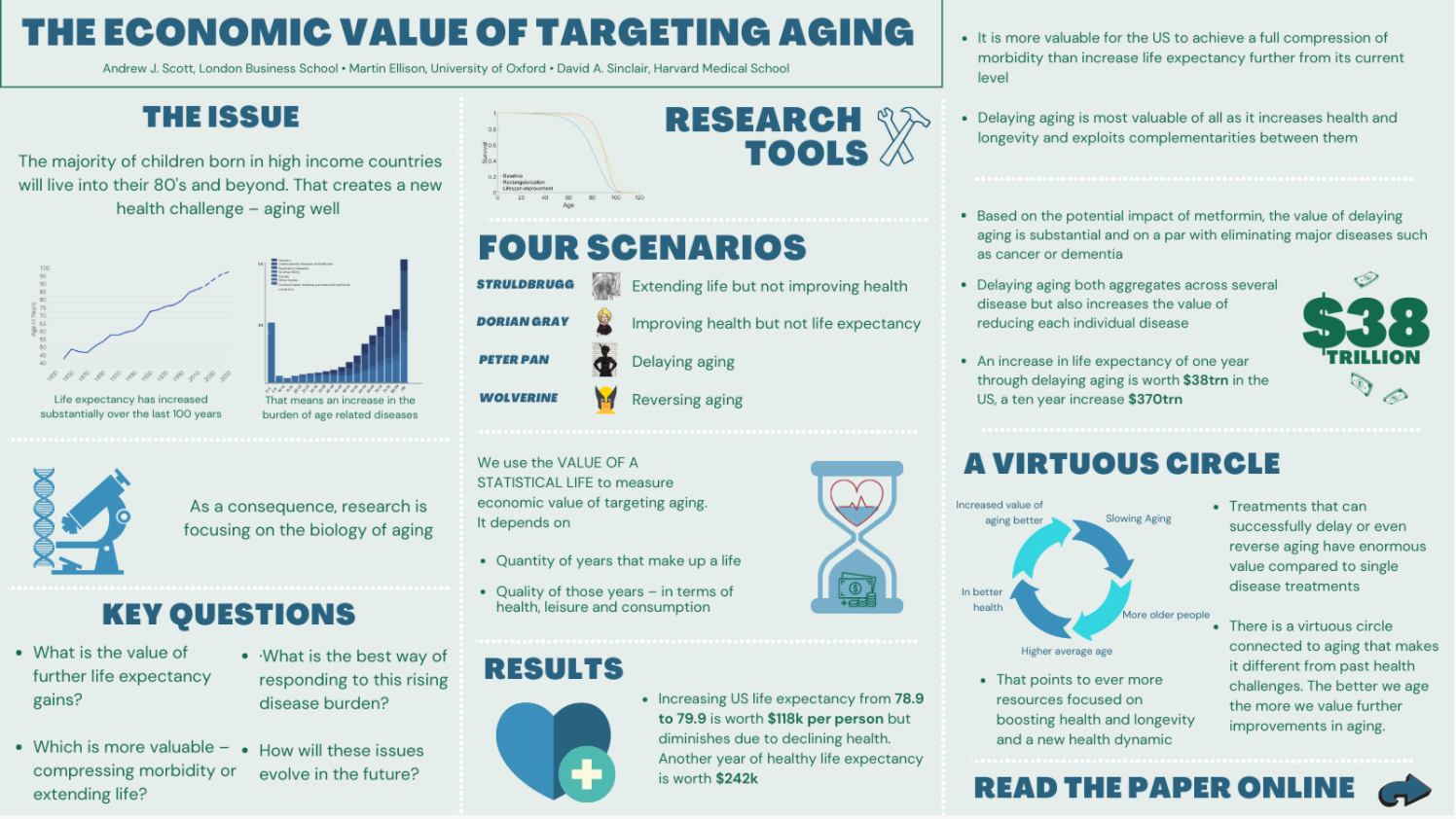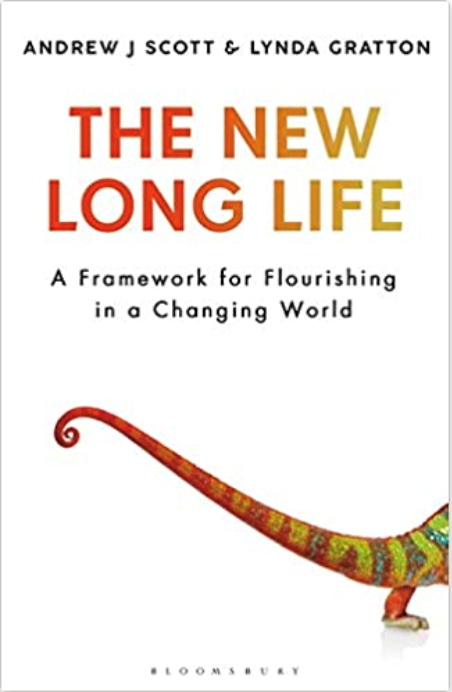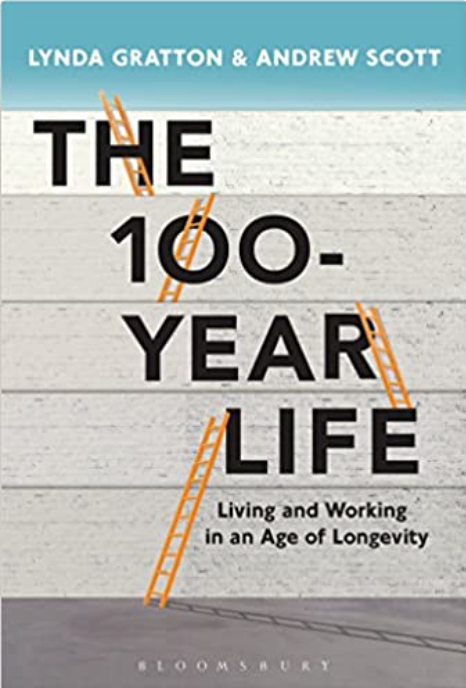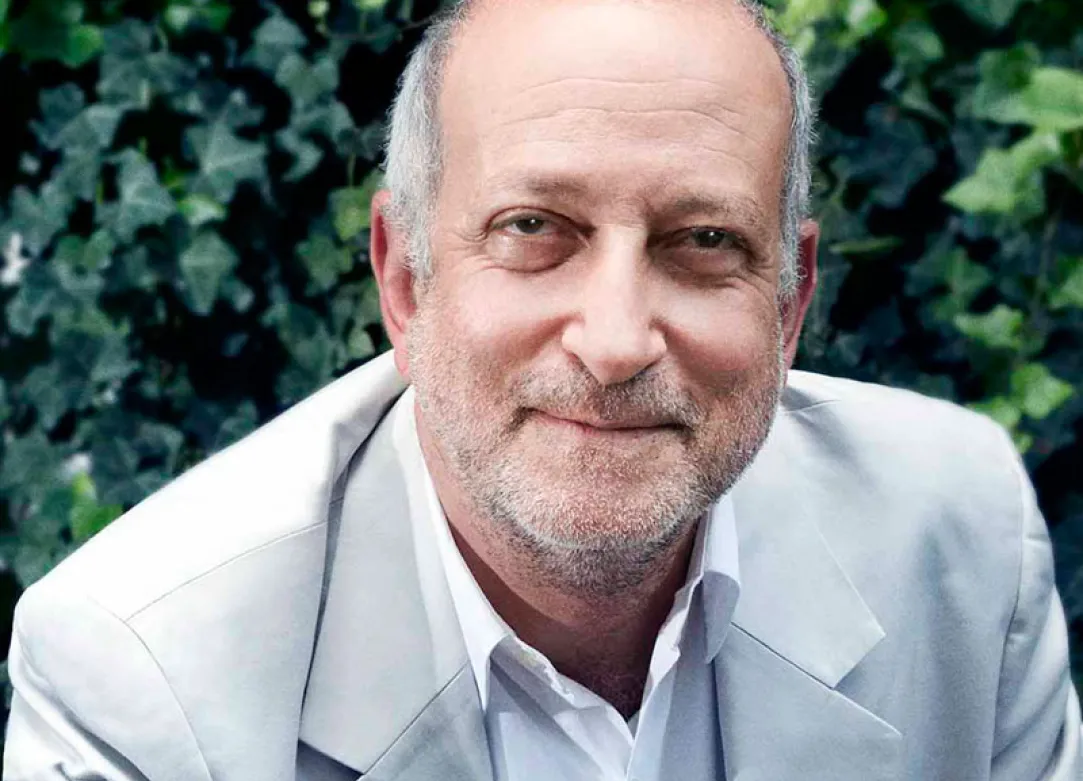The majority of children born today are expected to live into their 80s and 90s and face a realistic prospect of living to 100. For the first time ever there are more people globally aged over 65 years than under 5. These two trends – longevity and aging – change every-thing, says Professor Andrew J. Scott, the world’s leading authority on the economics of longevity and co-author of global bestsellers “The 100 Year Life: Living and Working in an Age of Longevity” (Bloomsbury, June 2016) and “The New Long Life: A Framework for Flourishing in a Changing World” (Bloomsbury, 2020).
A professor of economics at London Business School, Scott shows us what individuals, businesses and society need to do to unlock the opportunities that flow from this enormously important trend. Drawing upon broad and in-depth knowledge and combining economics with the personal, Scott speaks passionately and with wit, wisdom and insight about the profound changes underway.
Faced with the prospect of these longer lives, a new human imperative has emerged – to age well. Given how the world is aging, this is truly the largest emerging market, according to Scott. A new multi-billion-dollar sector will emerge focusing on supporting this “evergreen” economy, drawing on new scientific developments and drug discoveries and a growing awareness of the fact that “all’s well that ages well.” Longer lives also mean more time ahead of us, leading to dramatic shifts in behaviour at all ages. This in turn will lead to major shifts in financial behaviour and create demand for new products focusing on supporting longer lives and providing longevity insurance.
It isn’t just in terms of products that firms will need to understand these twin forces of longevity and aging. In response to an aging society, firms that make the best use of older workers will gain competitive advantages. But doing so will require an understanding of how longer working careers will change the needs and behaviours of all ages.
Long neglected and frequently misunderstood, the topic of longevity and aging is rapidly rising up the agenda and Scott’s work is having a material impact across the world: “The 100 Year Life” has sold three quarters of a million copies and was the focus of Japanese Prime Minister Shinzo Abe’s commission “Design a 100 Year Life.” Scott has established “The Longevity Forum,” bringing together the extraordinary potential of scientific research around anti-aging with the behavioural and economic responses needed for longer lifespans. What started as a day of bringing together the brightest minds in this space from all spectrums of industry, has developed into the annual Longevity Week with a packed schedule of international events.
Scott’s agenda is to make sure we turn longer lives into healthy and productive ones. The most frequent response by participants to Scott’s talks is a realisation that they need to live their lives differently and a commitment to do so. For firms, it is about recognising this emerging new market and the need to develop new products and adjust their people policies.
Scott previously held positions at Oxford and Harvard University and the London School of Economics. He is a consulting scholar at Stanford University’s Center on Longevity and previously served as Non-Executive Director for the U.K.’s Financial Services Authority and is a Non-Executive Director for Genflow Biosciences. He has advised a range of corporations and governments and is on the advisory board of the U.K.’s Office for Budget Responsibility; a member of the Cabinet Office Honours Committee (Science and Technology); a member of the National Academy of Medicine’s International Commission on Healthy Longevity and WEF Council Healthy Longevity and Aging.
Andrew J. Scott is available to advise your organization via virtual and in-person consulting meetings, interactive workshops and customized keynotes.
